Many Reasons To Learn To Play A Musical Instrument
To those who love music, there are many reasons to play any type of instrument. The wide variety afforded us to choose from is what makes music infinitely enjoyable. Choosing any instrument to study is certainly a worthwhile endeavor.
One instrument in particular highlights all that is wonderful and beautiful about music. It’s richness of sound and the expanse of musical notes it provides one to play make it a timeless creative tool. That instrument is the piano. Embarking on a study of this 88 key delight can provide one with a lifetime of joyful experiences.
The piano is exquisite in both its complexity and simplicity. The musical note combinations composers write for it, and players play on it, are endless. However, the piano’s mechanism is basic. When you press a key on a piano, you cause a felt covered hammer to strike steel strings. The strings vibrate and the vibrations transmit via a bridge to a sounding board. This board couples the acoustic energy to the air, and we hear it all as sound.
The sound from the piano makes it one of the most popular musical instruments in the world. Along with its enduring sound, there are many other reasons everyone should learn to play music on the piano. Here are ten of them:
You Learn to Play Chords
Some instruments only allow you to play single notes. They do not allow you to play chords. Chords are a set of two or more different notes that sound simultaneously. The piano, like the guitar, allows for this chord playing. This means you can enrich a song with lush harmonies to accompany the melodic line.
You Learn to “Hear” Chords
Recognizing the sound of chords is an art in itself. Learning to recognize chord sounds is beneficial when it comes to learning improvisation down the road. Recognizing chord sounds will help you apply appropriate melody in a song as you improvise.
You Learn Variation
Studying piano will teach you basic melody and chords. As you develop your skills, you will learn to vary these elements in a song. You will do this on the fly as in the aforementioned improvisational playing. You will also learn to alter songs on paper with these variations. This is where you experiment with music writing. You will take a basic song and vary it according to your take on the piece.
You Learn Eye-Hand Coordination
Just watch someone closely at the piano. You will see the interplay of eyes and hands in synchronization as they play. Studying the piano will teach you to coordinate what you see on the keyboard with your motor skills.
You Learn Left-Hand, Right Hand Coordination
You will develop this coordination from the get-go. Even with simple songs this will occur. Your right hand will play single note melodies, while your left hand plays basic chords. You have to get these two working together properly so the song sounds pleasing.
You learn to Read Notes in the Lower and Higher Registers
You will become a better music reader when you learn the piano. You will learn to read notes written in the lower registers such as the bass clef. You will also learn their counterparts in the higher registers, like the treble. On top of that, you will learn to read these at the same time, a skill itself.
You Will Learn to See Music as a Complete Whole
Playing music on the piano lets you see the whole structure of a song. A trumpet player, for example, reads and plays the melodic line off the treble clef. That typically is the extent of the music before him or her. A piano player sees chords, melody, different clefs. Piano music has the whole of a song on paper, not just elements of it.
It’s a Great Accompaniment Instrument
This one’s straightforward. Every band can use a piano player. Look around and see how many piano players find employment with groups. They’re in demand.
It’s a Great Solo Instrument
The piano is an instrument that offers much when heard on its own. No doubt, other instruments sound good solo. However, the piano is just so much more. It produces a rich, full sound unique onto itself. This is because of its ability to play melody and harmony together; single notes and chords.
Encourages Audience Participation
A piano is plain old good for having a good time. It, like the guitar, is great for gathering people around. It promotes the combination of music playing with singing.
If you want to begin a study of music, consider the piano. You will enjoy its versatility and its ability to play any type of musical style. The above ten reasons are perfect ones for getting your ten fingers playing, today.
Duane Shinn is the author of a free newsletter on piano chords & chord progressions available at Piano Music


